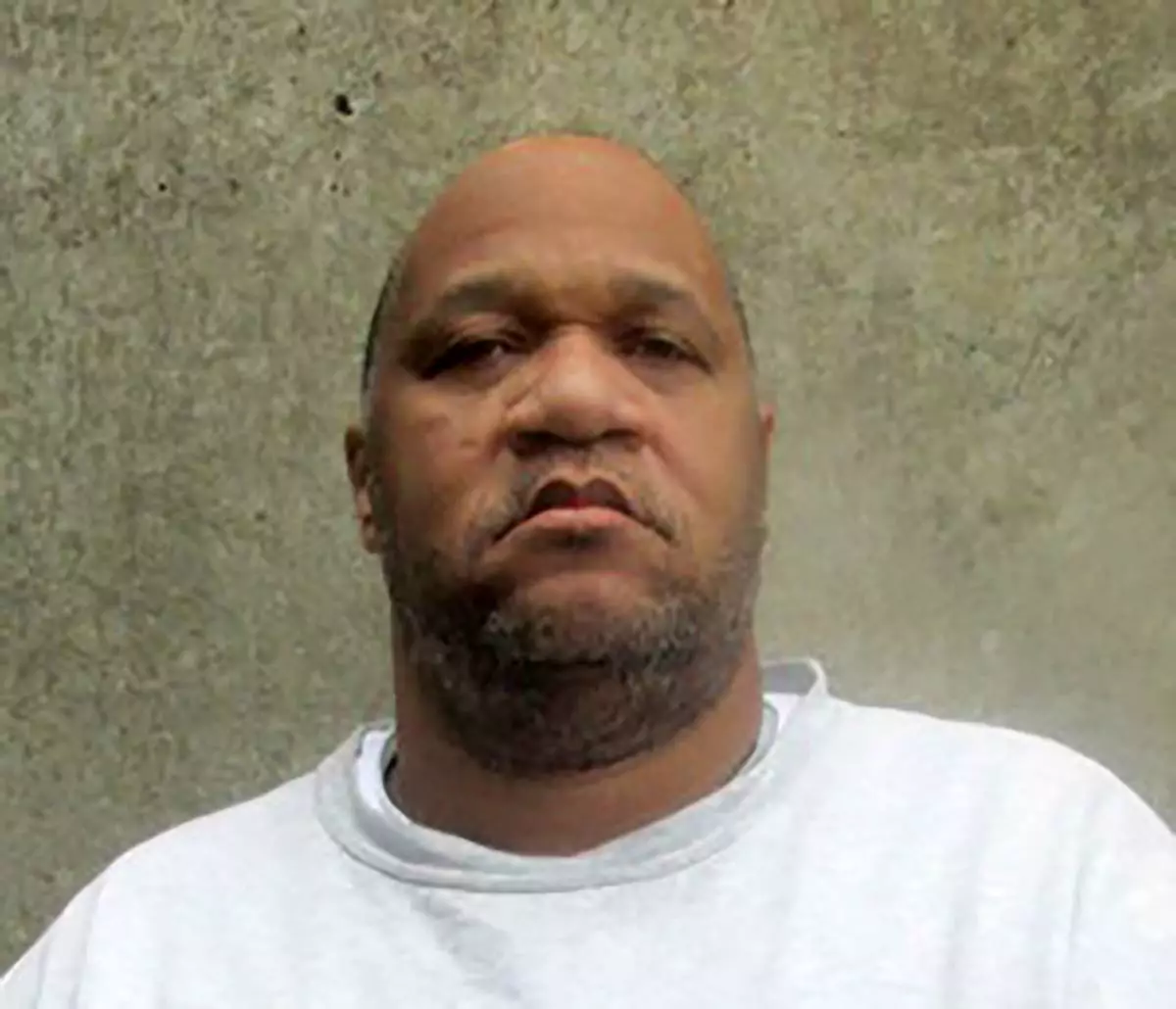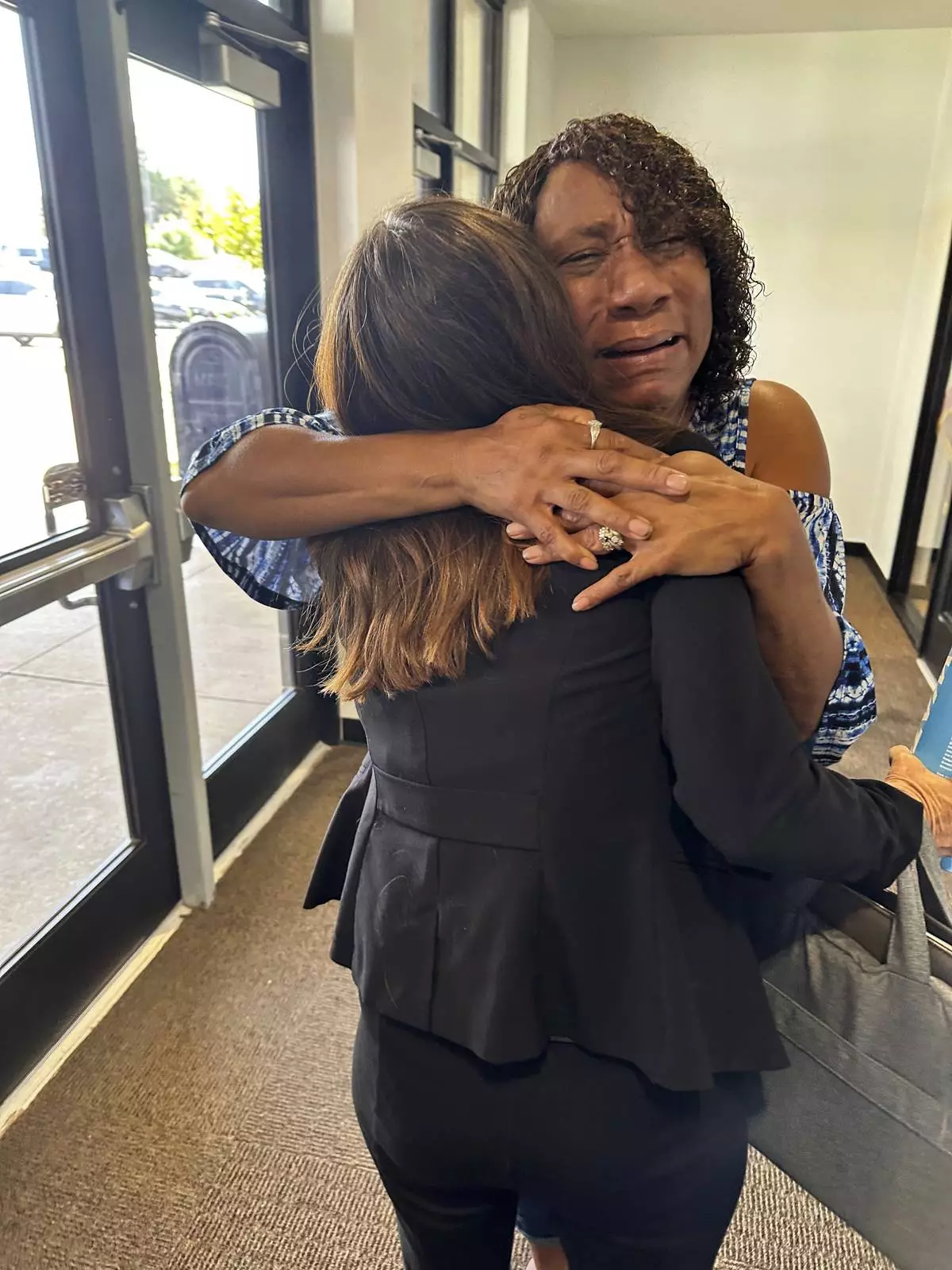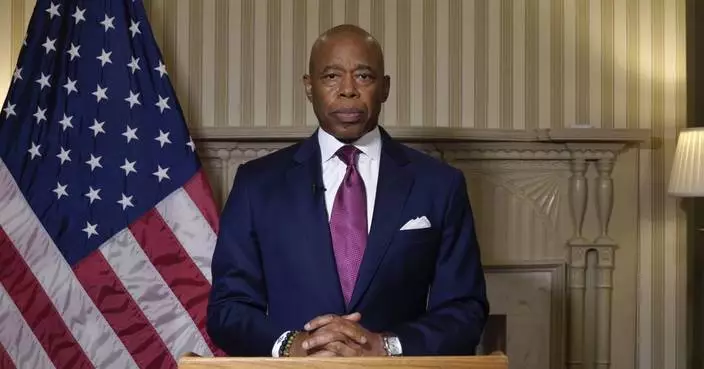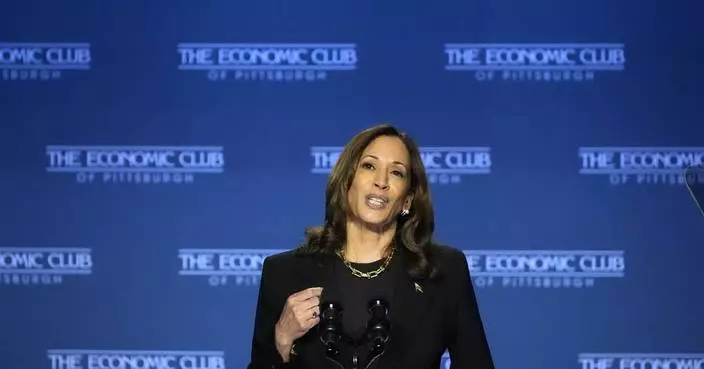WASHINGTON (AP) — Americans are more likely to believe that being a woman will hurt Kamala Harris ' chances in the November election, compared with eight years ago when Hillary Clinton was running. And they are more likely to believe that Donald Trump 's gender will help him.
A new poll from The Associated Press-NORC Center for Public Affairs Research indicates a shift in attitudes among U.S. adults in the time between the candidacies of the first and second female major-party nominees.
About 4 in 10 Americans think Harris’ gender will hurt her chances of getting elected this fall. During the 2016 campaign, about 3 in 10 said the same about Clinton’s gender.
The shift in attitudes is largely driven by Democrats — particularly Democratic men. About 3 in 10 Democratic men thought Clinton’s gender would hurt her “somewhat” or “a lot” prior to her loss to Trump. About half now say that about Harris.
“I would say this country doesn’t really have an outstanding track record of supporting female candidates,” said Julian Zeng, a 34-year-old copy editor and writer from California who is a Democrat.
Democratic women have also grown more likely to say being a woman could be a hurdle for a presidential candidate: About 4 in 10 Democratic women said Clinton’s gender would hurt her, and about half say that about Harris now. Republican men only shifted slightly, and Republican women’s views remained stable.
Americans are also more likely to see Trump’s gender as something that will help his chances of being elected. About 4 in 10 U.S. adults now say that being a man is something that will help him, up from around 3 in 10 when the same question was asked in an AP-NORC poll during his 2016 campaign.
The poll’s findings seem to bolster arguments for the way both candidates have addressed gender in their campaigns.
Harris focuses less on the history-making potential of her win than Clinton did, even though the possibility of electing a woman president could enthuse her supporters. She does emphasize reproductive rights in her campaign and Trump's nomination of three of the Supreme Court justices who voted to overturn a nationally guaranteed right to abortion.
Trump, who for years has preferred to blast the Village People’s song “Macho Man” as he enters and exits his campaign rallies, has courted younger men and promoted a masculine image with appearances at mixed-martial arts events and football games. He has recently started calling himself a “protector” of women.
Carlos Stallworth, a 59-year-old Republican from California, said Trump’s gendered appeal comes through in his campaigning, calling the former president “a guy’s guy, a man’s man kind of guy.”
Stallworth, who said he’s undecided but leaning toward Trump in November, said he is skeptical that Harris can win and feels that she’s not coming off as a forceful would-be commander-in-chief by not releasing more detailed plans, particularly on issues like the economy, that will help her overcome attitudes in “a male-chauvinist world.”
“It’s going to take a little bit more for her than just like the average guy,” he said.
Some voters said Trump’s persona and rhetoric might help Harris get past baked-in attitudes about women in power.
“Were it not Trump, I think that it would hurt her,” said Elizabeth Aguilar, a 48-year-old university professor from Illinois.
Aguilar, a Democrat, said she thinks some voters may still be uncomfortable with the idea of a female president.
“But I think that his comments and his misogynist attitude are so far out that people may be willing to overlook the fact that she’s a woman," she said.
Only about one-quarter of Americans say Harris’ gender “won’t make a difference” to her chances of getting elected this fall, down from when one-third said that about Clinton in 2016. Slightly less than half say Trump’s gender won’t have an impact, down from around 6 in 10 during his first run.
In a recent interview with the AP conducted prior to the poll, Clinton said she’s “feeling really optimistic” that Harris will win. She said she also feels Harris will benefit from the fact that the nation has become more accustomed to the image of a female presidential candidate, having seen not only her run eight years ago but also a crowded Democratic presidential primary four years later that included multiple female candidates.
“We now don’t just have one image of a person who happens to be a woman who ran for president, namely me,” Clinton said. “We’ve got a broader view, and I think that’s all for the good.”
Cherene Bates, a 51-year-old Republican from Pocatello, Idaho, said she hasn’t decided who she’s supporting in November, but she is optimistic that Harris’ gender will not be an impediment for other voters.
“I really hope that people wouldn’t discredit her because she’s a female,” Bates said.
She said it’s possible gender played a role in Clinton’s loss in 2016, but she hopes it didn’t.
“As a nation, I think we still were ready to switch gears, to have a different frame of mind and elect a female president,” Bates said. “I hope that we’re even more so now.”
Price reported from New York. Associated Press writer Jocelyn Noveck in New York contributed to this report.
The poll of 2,028 adults was conducted Sept. 12-16, 2024, using a sample drawn from NORC’s probability-based AmeriSpeak Panel, which is designed to be representative of the U.S. population. The margin of sampling error for all respondents is plus or minus 3.1 percentage points.

This combination of photos shows Vice President Kamala Harris, left, on Aug. 7, 2024, and Republican presidential candidate former President Donald Trump on July 31, 2024. (AP Photo/Charles Rex Arbogast)











